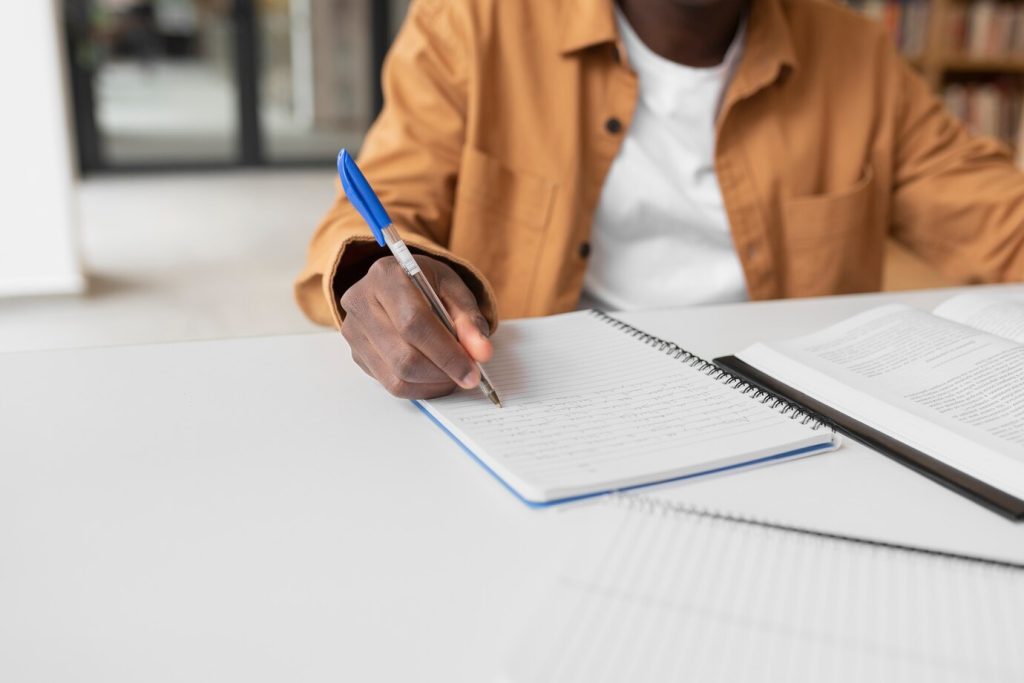Writing is an essential skill that plays a crucial role in academic, professional, and personal communication. Whether you are working on an essay, crafting a compelling story, or composing a formal letter, mastering the art of writing can make your work more effective and engaging. Here are some key tips to improve your writing in each category.
1. Writing Better Essays
Essays require clear structure, coherence, and critical thinking. Follow these tips to enhance your essay writing skills:
a) Understand the Topic
- Carefully read and analyze the essay prompt.
- Identify key terms and determine what is being asked.
- Conduct thorough research if necessary.
b) Structure Your Essay Properly
A well-structured essay typically includes:
- Introduction: Briefly introduce the topic and present a clear thesis statement.
- Body Paragraphs: Each paragraph should focus on one main idea, supported by evidence and examples.
- Conclusion: Summarize the main points and restate the thesis in a compelling way.
c) Develop Strong Arguments
- Use logical reasoning and credible sources.
- Provide evidence (facts, statistics, expert opinions) to support your claims.
- Anticipate counterarguments and address them effectively.
d) Improve Coherence and Clarity
- Use transition words (e.g., furthermore, however, consequently) to maintain flow.
- Keep sentences clear and concise.
- Avoid redundancy and unnecessary repetition.
e) Edit and Proofread
- Check for grammatical errors and typos.
- Ensure proper sentence structure and punctuation.
- Read aloud to spot awkward phrasing.
2. Writing Better Stories
Creative writing requires imagination, strong storytelling techniques, and emotional appeal. Here’s how you can improve:
a) Develop a Strong Plot
- Outline your story before writing.
- Include a beginning, middle, and end.
- Ensure there is a conflict or challenge that drives the story forward.
b) Create Memorable Characters
- Give characters distinct personalities, backgrounds, and motivations.
- Show, don’t tell – reveal character traits through actions and dialogue.
c) Set the Scene with Vivid Descriptions
- Use sensory details (sight, sound, smell, taste, touch) to immerse the reader.
- Choose precise words that create strong imagery.
d) Keep the Dialogue Natural and Engaging
- Avoid overly formal or unrealistic speech.
- Use dialogue to reveal character traits and advance the plot.
e) Edit and Revise Your Story
- Check for consistency in plot, characters, and tone.
- Remove unnecessary details that don’t serve the story.
- Seek feedback from others to improve clarity and impact.
3. Writing Better Formal Letters
Formal letters require professionalism, clarity, and proper formatting. Here’s how to write an effective formal letter:

a) Follow the Correct Format
- Sender’s Address: Include your address at the top (if applicable).
- Date: Write the full date below your address.
- Recipient’s Address: Include the recipient’s full name, title, and address.
- Salutation: Use appropriate greetings, such as “Dear Mr. Smith” or “To Whom It May Concern.”
- Body: Clearly state the purpose of the letter in the first paragraph.
- Closing: Use a formal closing, such as “Sincerely” or “Yours faithfully,” followed by your name and signature.
b) Keep Your Tone Professional and Concise
- Use clear and direct language.
- Avoid slang, contractions, or overly casual expressions.
- Stay polite and respectful throughout the letter.
c) Proofread Before Sending
- Check for spelling, grammar, and punctuation errors.
- Ensure the letter is properly formatted and aligned.
- Read through it to confirm that the message is clear and professional.
Conclusion
Mastering writing takes practice and dedication, but by following these strategies, you can improve your skills in essays, stories, and formal letters. Whether you are a student, professional, or aspiring writer, refining your writing abilities will help you communicate more effectively and confidently. Keep writing, keep learning, and always strive for improvement!


